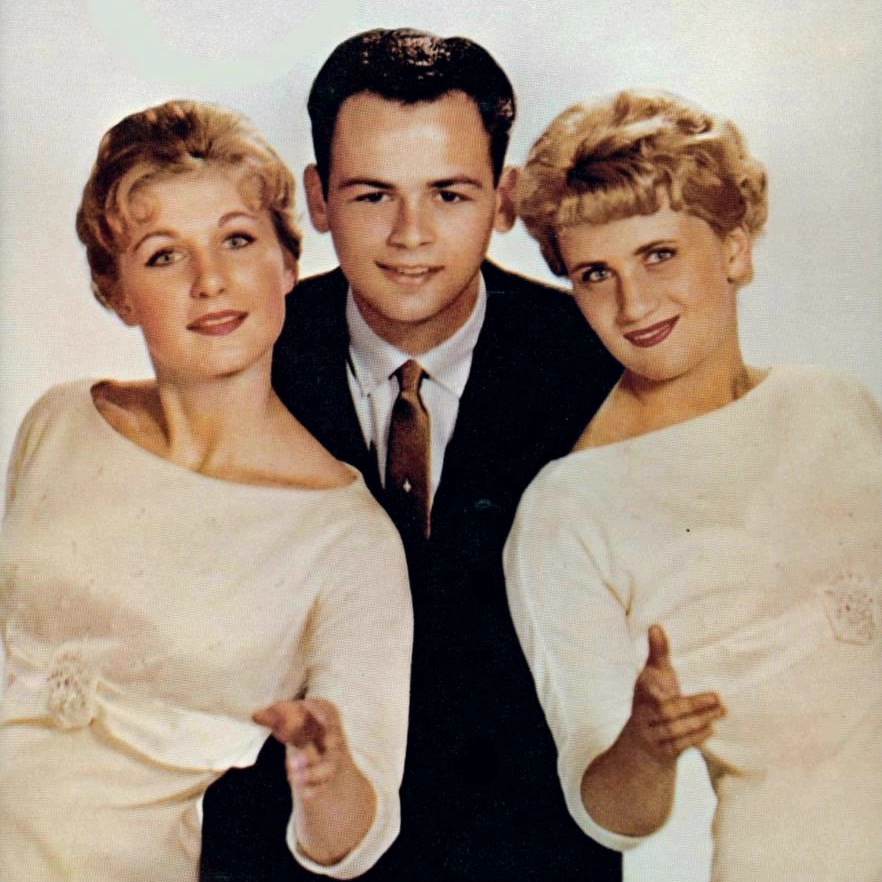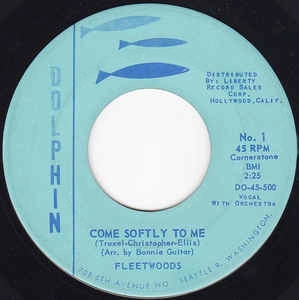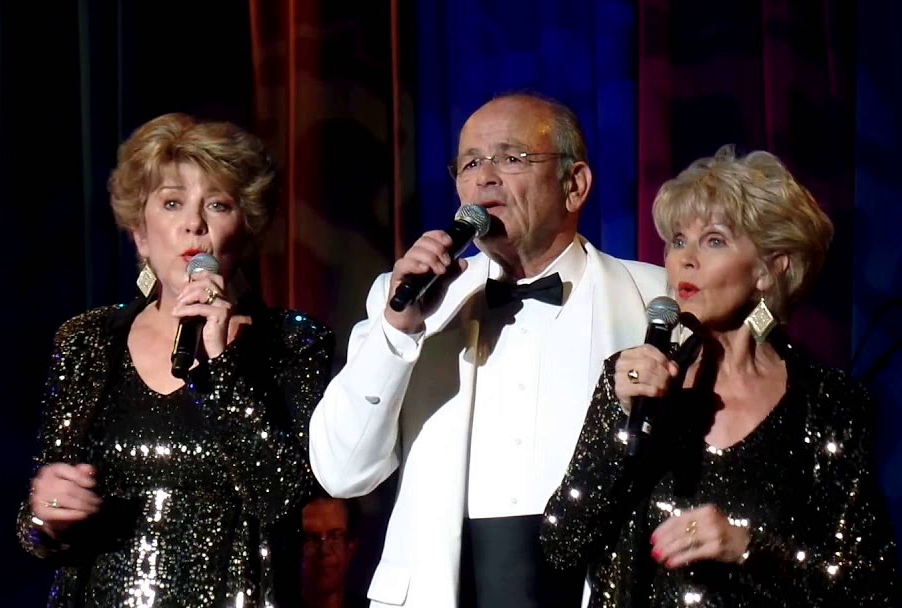 “Come Softly to Me” is a rock & roll classic. It’s been covered by a multitude of artists including Fleetwood Mac’s Bob Welch & Christine McVie.
“Come Softly to Me” is a rock & roll classic. It’s been covered by a multitude of artists including Fleetwood Mac’s Bob Welch & Christine McVie.
The original was recorded in the fall of 1958 by the three kids that wrote it: Barbara Ellis, Gretchen Christopher and Gary Troxel – better known as the Fleetwoods.
The group got its start at Olympia High School where all three were students. Ellis and Christopher began as a duo, but felt something was missing. So, they asked their friend, Gary Troxel, to join them. At one of their first rehearsals, the girls sang Gary a song the two of them had composed. They called it “Come Softly.” Troxel then improvised a part for himself, softly singing “Um-doobee-doo down-down down-doo-down…” Troxel’s improvisation gave the song what it need – a hook! He also improvised some lyrics to go between the girls harmonizing on “Come softly, darling, etc.”
 What happened next sounds so corny you wouldn’t believe it if you saw it in a movie. The trio recorded an acapella version of the song in Gretchen's living room and sent the tape to the tiny independent Dolphin Records label. Bob Reisdorf, head of the label, was so impressed, he not only signed the group to a recording contract, he went ahead and used the home recording as the basis for the single that was finally released. Reisdorf added an acoustic guitar, bass and mild percussion to the already existing vocals. What sounds like a tambourine in the song is actually Gary Troxel shaking his car keys. Reisdorf also added the words “to Me” to the title, feeling “Come Softly” was a little too suggestive for 1958 (although that exact phrase appears nowhere in the song). Again, just like in the movies, their virtually homemade record went all the way to #1
What happened next sounds so corny you wouldn’t believe it if you saw it in a movie. The trio recorded an acapella version of the song in Gretchen's living room and sent the tape to the tiny independent Dolphin Records label. Bob Reisdorf, head of the label, was so impressed, he not only signed the group to a recording contract, he went ahead and used the home recording as the basis for the single that was finally released. Reisdorf added an acoustic guitar, bass and mild percussion to the already existing vocals. What sounds like a tambourine in the song is actually Gary Troxel shaking his car keys. Reisdorf also added the words “to Me” to the title, feeling “Come Softly” was a little too suggestive for 1958 (although that exact phrase appears nowhere in the song). Again, just like in the movies, their virtually homemade record went all the way to #1
The group went on to place 11 more songs in the top 40, including another #1 (“Mr. Blue”). Unfortunately, Troxel, who had joined the Naval Reserve in 1956, was called up to active duty just as the group’s career was peaking. That meant less time in the recording studio and another young, unknown singer named Vic Dana occasionally taking Troxel’s place when the group performed live.
By the time Troxel was out of the Navy and ready to resume his singing career, the British Invasion had changed the musical taste of American teenagers overnight.
The group hung on for a few more years, but eventually disbanded. When the rock & roll revival kicked in during the 1970s, the Fleetwoods did not reform. Instead, both Christopher and Troxel formed separate groups. Although legal rights to the name The Fleetwoods belong to Christopher, it was Troxel’s thin, whispery voice that gave the group its identifiable sound. It was Troxel and two new ladies that PBS called on to appear as the Fleetwoods when they were making their “Doo-Wop Revival” fund-raising shows. All three original members of the group are still with us today.



